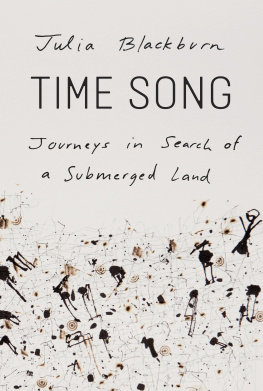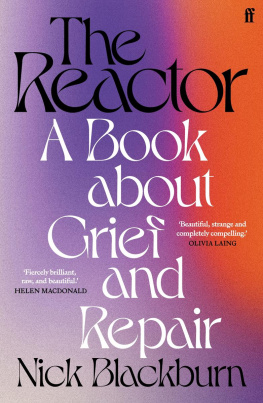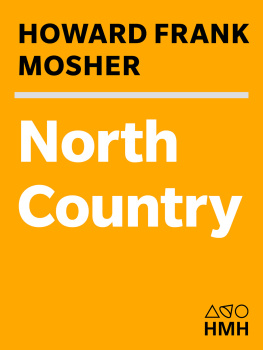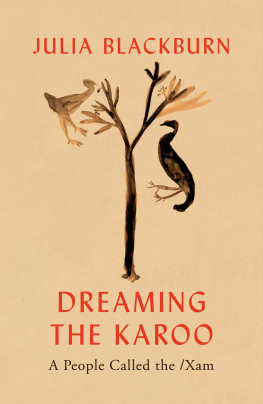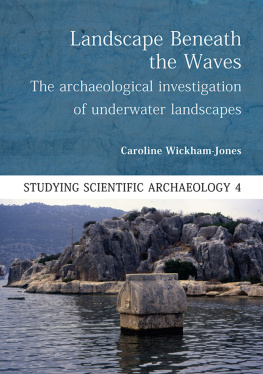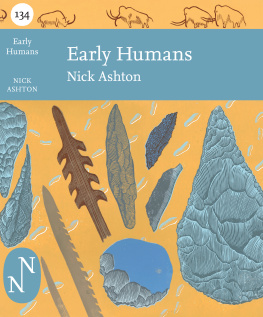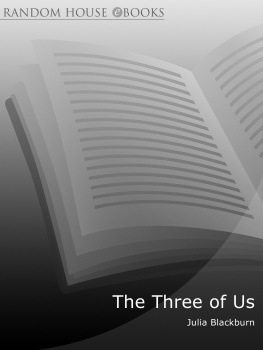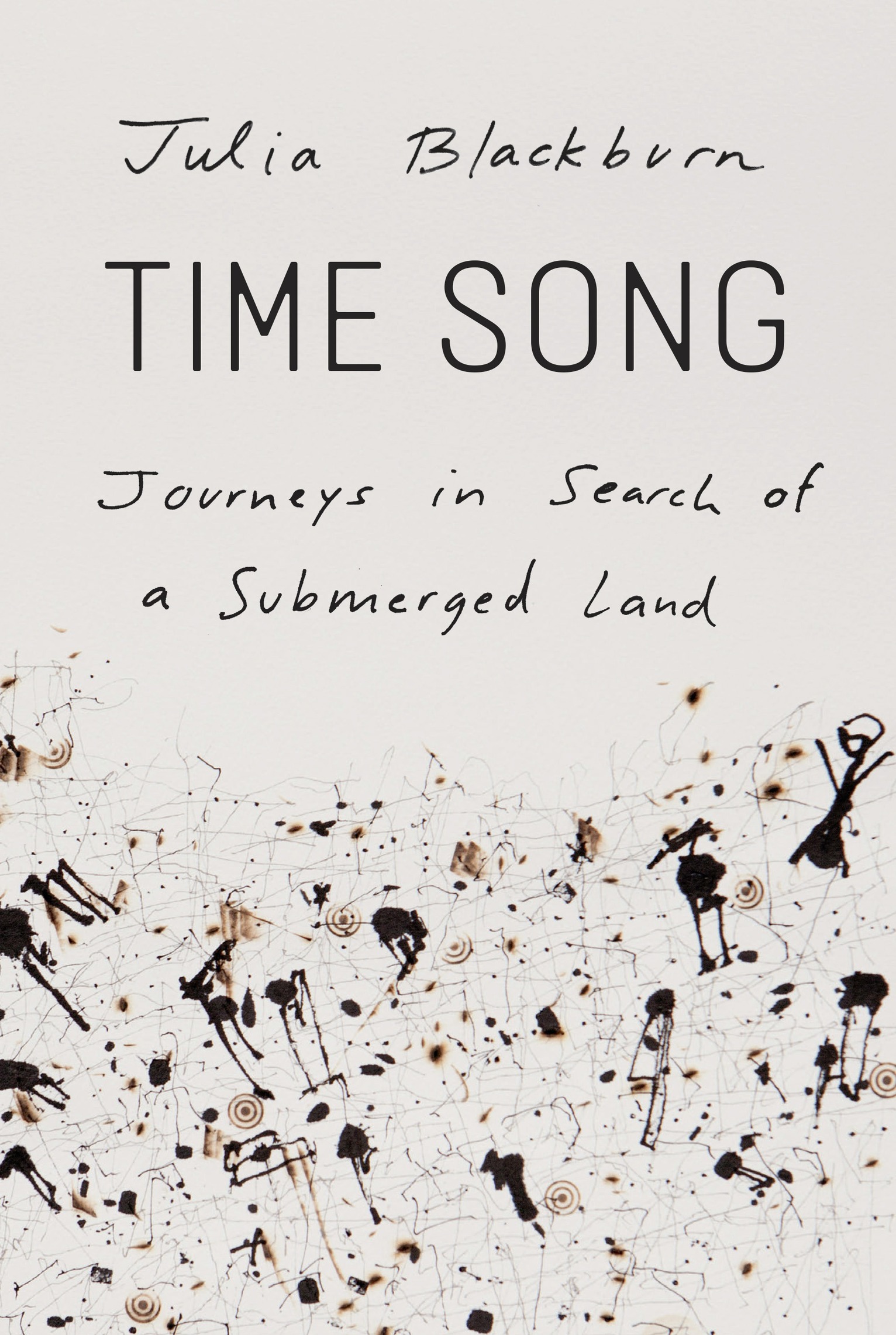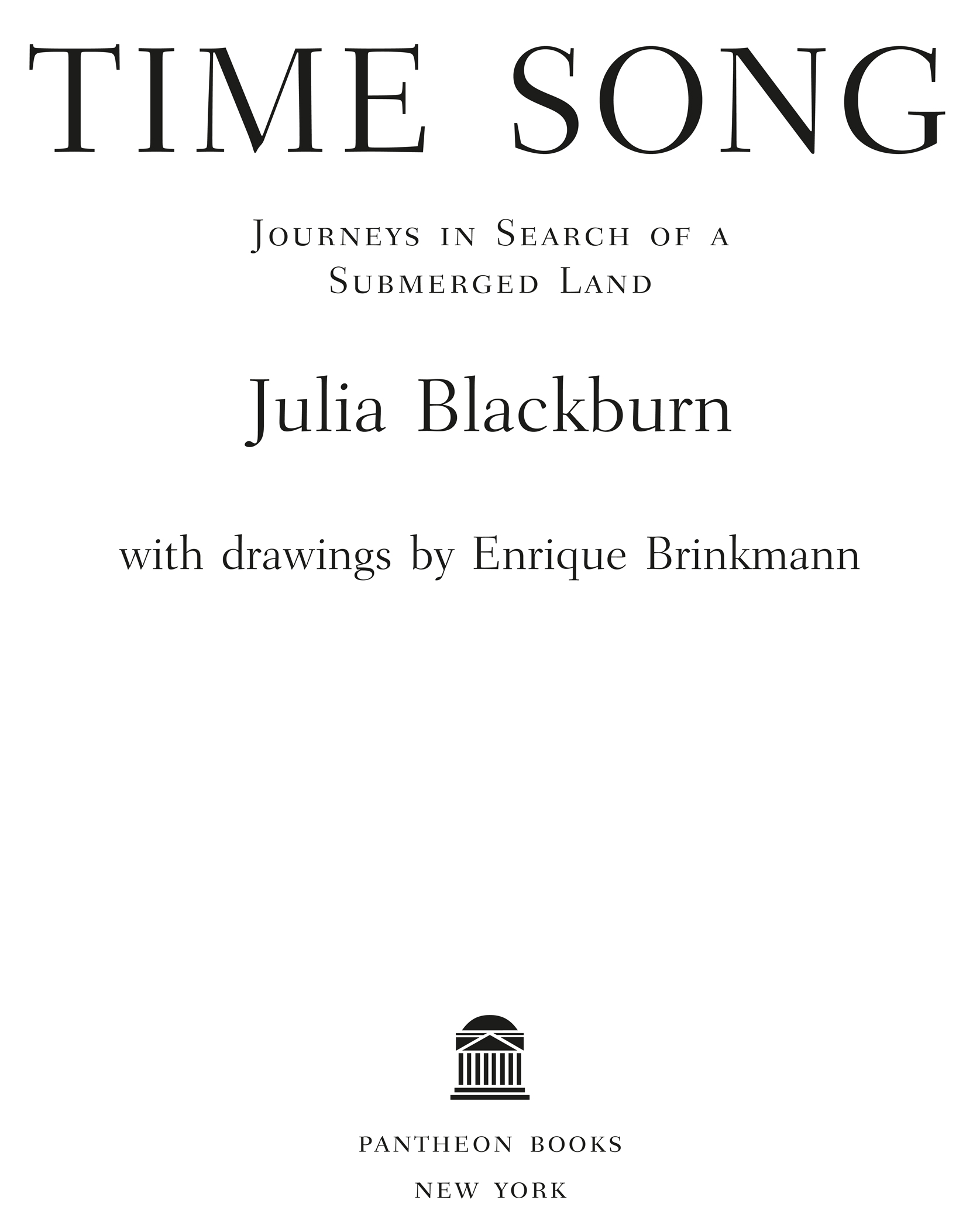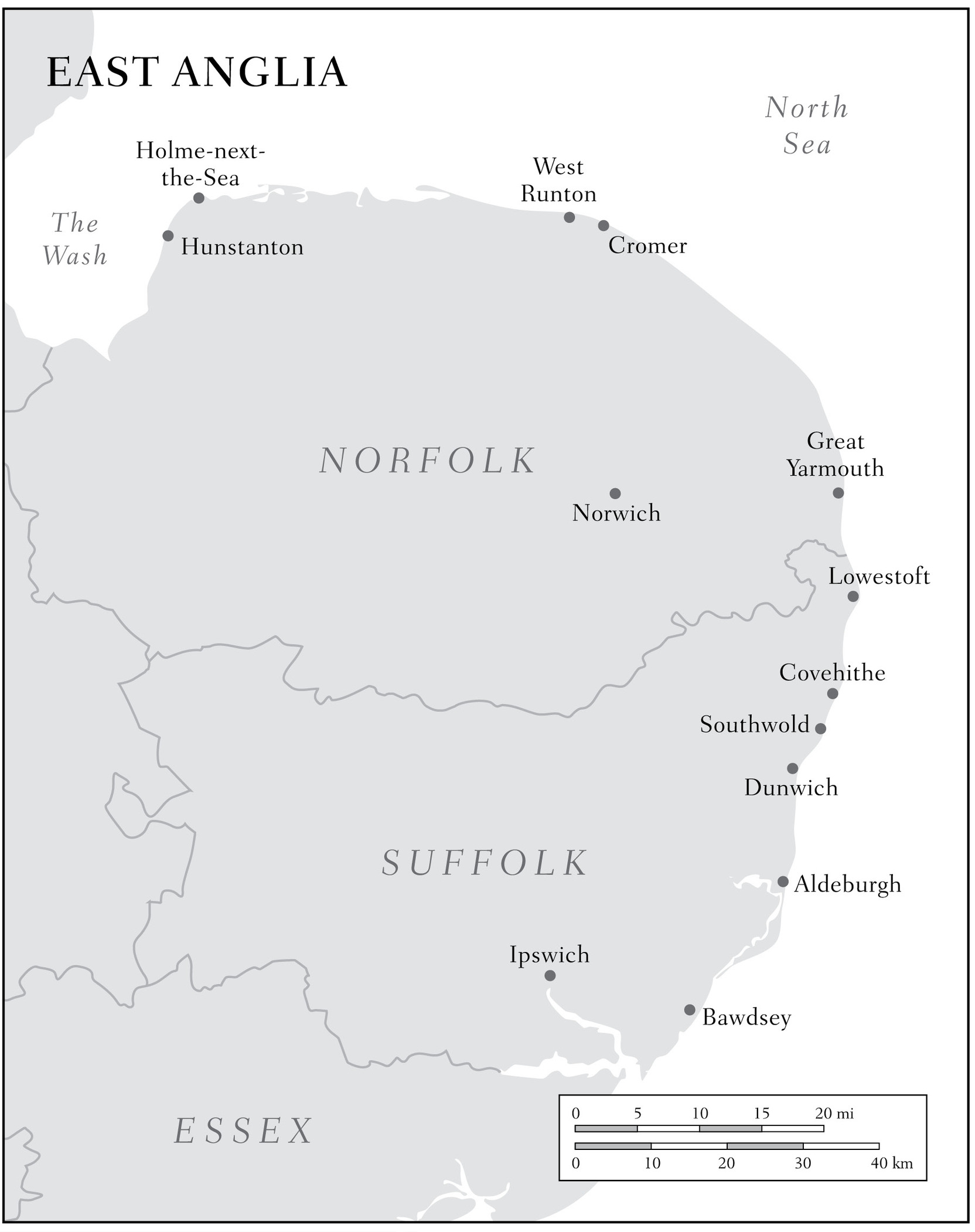ALSO BY JULIA BLACKBURN
FICTION
The Book of Colour
The Lepers Companion
NON-FICTION
Charles Winterton
The Emperors Last Island
Daisy Bates in the Desert
Old Man Goya
With Billie
My Animals & Other Families
The Three of Us
Thin Paths
Threads
POETRY
Murmurations of Love, Grief and Starlings
Copyright 2019 by Julia Blackburn
All rights reserved. Published in the United States by Pantheon Books, a division of Penguin Random House LLC, New York. Originally published in hardcover in Great Britain by Jonathan Cape, an imprint of Vintage Publishing, a division of Penguin Random House Ltd., London, in 2019.
Pantheon Books and colophon are registered trademarks of Penguin Random House LLC.
Grateful acknowledgment is made to David Higham Associates for permission to reprint an excerpt from Eden Rock, by Charles Causley, from Collected Poems, 1951 2000 by Charles Causley (London: Picador, 2000). Copyright 2000 by the Estate of Charles Causley. Reprinted by permission of David Higham Associates.
Library of Congress Cataloging-in-Publication Data
Names: Blackburn, Julia, author. Brinkmann, Enrique, illustrator.
Title: Time song : Journeys in search of a submerged land / Julia Blackburn ; illustrated by Enrique Brinkmann.
Description: First United States edition. New York : Pantheon Books, 2019. Includes bibliographical references and index.
Identifiers: LCCN 2018048745. ISBN 9781101871676 (hardcover : alk. paper). ISBN 9781101871683 (ebook).
Subjects: LCSH : North Sea RegionDescription and travel. North Sea RegionAntiquities. Submerged landsNorth Sea RegionHistory. Prehistoric peoplesNorth Sea Region. Mesolithic periodNorth Sea Region. Blackburn, JuliaTravelNorth Sea Region. EnglandDescription and travel. Europe, NorthernDescription and travel.
Classification: LCC D 965.5 . B 55 2019 | DDC 909/.096336dc23 | LC record available at https://lccn.loc.gov/2018048745
Ebook ISBN9781101871683
www.pantheonbooks.com
Cover art: Los Mesoliticos XI by Enrique Brinkmann 2019 Artists Rights Society (ARS), New York / VEGAP, Madrid
Cover design by Jenny Carrow
v5.4
ep
A great while ago, the world begun,
With hey, ho, the wind and the rain
S HAKESPEARE , Twelfth Night
OH, I SAY CASUALLY , as if in answer to a question, Im writing about a country called Doggerland. Its also known as North Sea Land because thats where it was, under what is now the North Sea. It emerged after the last Ice Age and with the warming of the climate it became a wonderfully fertile place of rivers and lakes, gently rounded hills and sheltered valleys, reed beds and salt marshes in the lowlands, trees on higher ground and a profusion of life: fish, birds, animals and humans as well. These were a people who left few traces of their passing. They hunted with weapons made from wood, bone or stone; they had canoes cut from the trunks of trees; they had dogs working with them and sometimes buried their dead alongside their dogs. But as the ice went on melting the sea levels rose dramatically you cant believe how fast, it could be more than two metres within a century so the land was inundated, familiar places submerged or made inaccessible. Seven thousand years ago, Doggerbank was still there as an island and then it too was gone.
And, I continue, carried forward by the idea of it all, I am also writing about what happened in this same area long before the last Ice Age. I go back to the first humans who were here, close to where I live: a cache of worked flints was found quite recently near a holiday camp and then a bit further up the coast there is the little flurry of footsteps fossilised in what was once the soft mud of a river estuary. Five people pottering about some nine hundred thousand years ago; they were probably collecting plants and shellfish.
Mammoth, I say, great herds of them moving across the grassy steppes when Britain was part of the Eurasian land mass. Ive collected quite a lot of mammoth bones, along with those of other extinct creatures; its best to go looking after a storm has scoured the edges of the cliffs to reveal whatever secrets they have been hiding, but I often forget to go then. I did pick up a lovely stone axehead just recently. It looks like nothing much until you hold it in your hand and feel how well it fits, how sharp it is.
Of course I ask myself what on earth I think Im doing, rattling around like a ghost in such distant landscapes of the past, and this is what might be the answer, or at least part of the answer. I am not especially afraid of my own death, but I am afraid of the death of forests and oceans, the contamination of water and air, the sense that we are heading towards a catastrophe from which there will be no escape. I comfort myself with the knowledge that this is nothing new: the climate has often shifted from extremes of heat to extremes of cold; oceans rising to cover the land and shrinking to reveal it in a different form; living creatures emerging in all their strangeness and determination to survive and some of them manage to hold on, but others do not.
I wonder now if it makes more sense to imagine infinity going backwards in time, rather than forwards. When you look at it that way round, you no longer have the vague dread of what the future holds, instead there is the intimation of the enormity of everything that has gone before: a solemn procession of life in all its myriad forms moving steadily towards this present moment. You can almost hear the songs they are singing.
There is something else. My husband died a few years ago. He has vanished and yet he remains close, beneath the surface as it were, so perhaps I am also trying to catch a glimpse of him within the great jumble of everything else that has been lost from our sight.
Contents
Part One
Old Time
They beckon to me from the other bank.
I hear them call, See where the stream-path is!
Crossing is not as hard as you might think!
I had not thought that it would be like this.
C HARLES C AUSLEY , Eden Rock
1
I am looking out across the North Sea on a calm day. The surface of the sea is like a covering of grey skin, breathing softly in and out.
As I stand here, the water that separates me from the mainland on the other side begins to retreat, as if a plug has been pulled. A vast country emerges: low hills and wide valleys, the twist and turn of rivers, the scoop of lakes.
At first this country appears limp and without colour, but then a shiver of life moves through it. The birds flying overhead spiral down to settle and pause on their journey. Seeds take root. Reed beds and salt marshes spread out like shadows across the young mud. Tiny trees appear on higher ground. The rivers are again flowing and fish are racing down them towards a more distant ocean. The old lakes are filling up and animals are moving in, exploring the territory; humans, too, since this is a human time.

